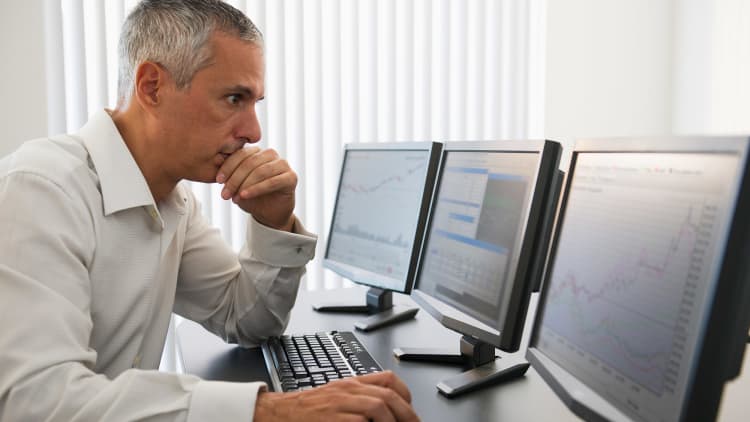
The growth outlook in the United States and globally is looking up, paving the way for monetary policy to normalize, but relying on 2017 growth too heavily could prove problematic for investors, Fidelity Investment's Jurrien Timmer told CNBC on Tuesday.
"Everyone was resigned to the fact that we were going to have low yields, low inflation, low growth, an easy Fed, and maybe low, single-digit earnings growth for the S&P," Fidelity's director of global macro said on "Squawk Box."
"And then the whole system got shaken up, of course with the election, and everyone has now had to reprice themselves for a more inflationary growth regime."
Contrary to expectations, that new growth-oriented agenda promises higher earnings, higher interest rates, higher inflation, a tighter Fed, and as has been proven by the market rally, boosted animal spirits, Timmer said.
"It all comes down to growth. Growth builds everything out," he said. "And so if we get a return to growth, then things can normalize."
A tighter, more hawkish Fed could also push the U.S. agenda back to more run-of-the-mill monetary policy after years of stagnation and few rate hikes, Timmer said.
"I think, for the Fed, this is a possible path back to conventional, orthodox monetary policy. We were going down a road of increasingly more unconventional policy with all the distortions that came with it both in the bond market and the stock market, and I think this does give the Fed possibly an escape route back to something more old school, more normal in terms of policy," he said.

But in terms of growth outlook, U.S. investors shouldn't get too eager, he warned.
"We really don't know how much of this growth is even going to materialize. We don't know, once we get to the sausage-making process in Congress, what is actually going to emerge. So too much too soon I think would be a problem."
Timmer said that the U.S. dollar will also be a variable for investors to watch going into the new year, especially in a global context.
"I do think that one of the bigger calls for next year for investors to make is where do you want to be globally?" Timmer said.
The investment guru said the disconnect between the U.S. economy, which is about a quarter of the global GDP, and the U.S. stock market, which accounts for over 50 percent of the world's stock trading, could create opportunity overseas based on where the dollar peaks.
"My sense is that if the U.S. gains at the expense of other countries, like if the global economic pie doesn't get bigger, then it's a strong dollar environment," Timmer said.
"But China is firing on all cylinders right now, and the global growth story actually is improving even beyond just the U.S., so in that sense … the dollar can at least stop rising or maybe even start to level off here, and that would be very bullish for non-U.S. equities, especially emerging markets," he said.


